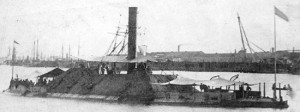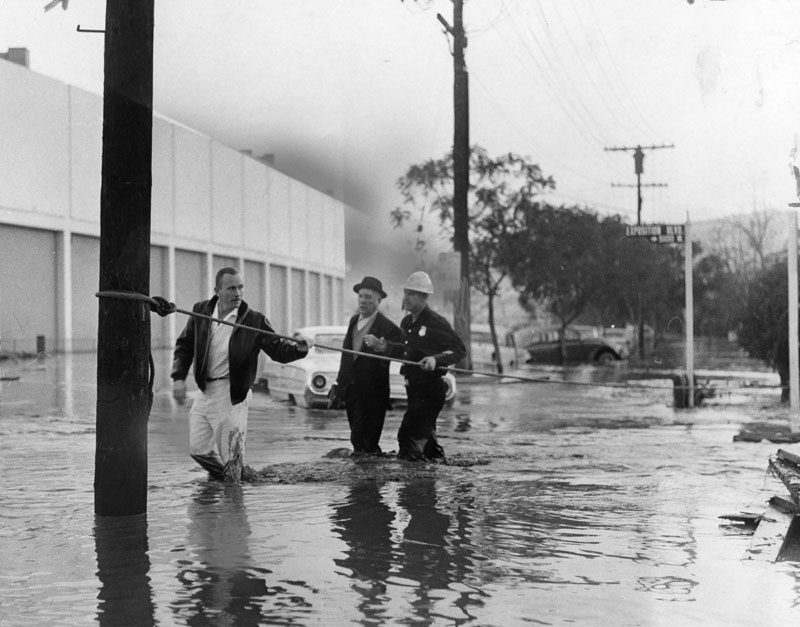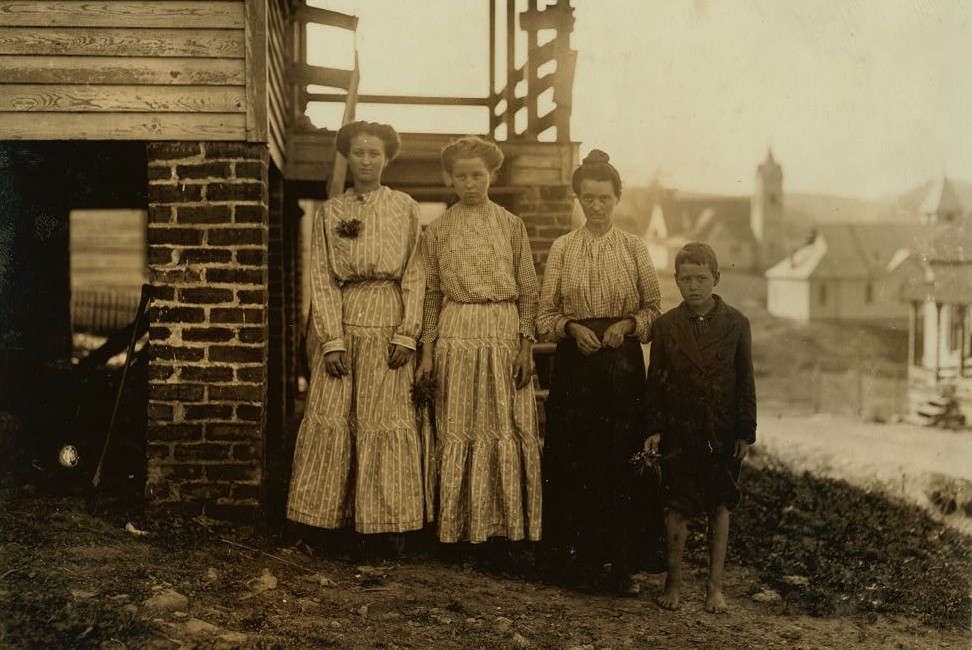Franklin Buchanan, a hero of the Battle of Mobile Bay, Alabama
(1800-1874)
Baltimore, Maryland
Franklin Buchanan was born Auchentorlie, a family estate near Baltimore, Maryland on September 17, 1800. He was the fifth and third son of Dr. George Buchanan, a physician, and Laetitia McKan, the daughter of a prominent Philadelphia family. He obtained a U. S. Navy midshipman’s warrant at the age of fourteen during the War of 1812, but the war ended before he could report for duty.
Given his first command in 1842
He was promoted lieutenant on January 13, 1825 and commander on September 8, 1841. Most of his early naval service was in the Mediterranean on the frigate Java and the ship-of-the line Franklin, and in the Caribbean where the U. S. Navy pursued pirates and slavers in smaller craft. He was given his first command in September 1842 as captain of the sloop Vincennes. He also commanded the Germantown.
Buchanan married Ann Catherine “Nannie” Lloyd, a member of a prominent family on Maryland’s Eastern Shore. They had nine children.
ALABAMA FOOTPRINTS Exploration: Lost & Forgotten Stories (Volume 1)
He served at the first Superintendent of the United States Naval Academy
In 1845–47, he was the first Superintendent of the United States Naval Academy.
He also served with distinction in the Mexican War and commanded steam frigate Susquehanna in Matthew C. Perry’s expedition to Japan.
Promoted captain, he served as Commandant, Washington Navy Yard, in 1859-61.
He was there on April 19, 1861 when a Massachusetts regiment passing through Baltimore on its way to Washington in anticipation of civil war was assailed by a civilian mob. The troops opened fire, and when it was over four soldiers and twelve civilians lay dead. This incident provoked Buchanan to tender his resignation from the Navy in the full expectation that Maryland would soon secede and join the Confederacy. When that did not happen, he sought to recall his resignation. But Secretary of the Navy, Gideon Welles, did not want half-hearted patriots in his navy and informed Buchanan that his name was to be struck from the Navy list.
His sympathies for the South derived from slave-holding in-laws
Buchanan’s sympathies for the South derived in part from his close association with his slave-holding in-laws, the Lloyds of Wye House.
He delayed several weeks, but finally left his home and crossed the Potomac to offer his services to the Confederate Navy after the battle of Bull Run.
ALABAMA FOOTPRINTS – Settlement: Lost & Forgotten Stories (Volume 2)
Buchanan was commissioned captain, CSN, in September and served briefly in an administrative capacity as Chief of the Bureau of Orders and Detail. In February 1862, he was in command of the newly reconstituted ironclad steamer Virginia, created from the scorched hull of the frigate Merrimack and assumed responsibility for defending Virginia’s James River. Under his command, Confederate ironclad Virginia destroyed frigate Cumberland with his iron ram, and shelled the frigate Congress into submission at the Battle of Hampton Roads, on March 8, 1862.
Buchanan took up a musket himself and fired back
Angered when Federal troops on shore fired at the boarding party that was attempting to secure the Congress, Buchanan took up a musket himself and fired back. However, his bravado made him a target, and he received a serious wound through his upper thigh which kept him from participating in the battle vs. USS Monitor the following day.
Promoted admiral, CSN, in August, Buchanan was sent to defend Mobile Bay, Alabama, where he directed construction of ironclad Tennessee. The Confederacy could not convert existing ships into ironclads, but instead had to construct them from raw materials, a daunting task. After months of effort, marred by difficulties in obtaining iron plate and engine parts, guns and a crew, Buchanan could finally boast in May 1864 that a fully armed and manned ironclad, the CSS Tennessee, floated in Mobile Bay.
The Tennessee was eventually overwhelmed by Admiral Farragut’s fleet
Indestructible under his command at the Battle of Mobile Bay, 5 August 1864, the Tennessee was eventually overwhelmed under the concentrated attack of Admiral David G. Farragut’s entire fleet. Wounded again in this action, Buchanan was taken as a prisoner of war to Fort Lafayette (New York) for several months and, still convalescing, was exchanged the following February. He arrived back in Mobile just as the war ended.
After the war, Admiral Buchanan lived primarily in Maryland where he served for a years as president of Maryland Agricultural College (later the University of Maryland) and as secretary for the Life Assurance Association of America. He died quietly at his home, the Rest, on Maryland’s Eastern Shore on May 11, 1874, survived by his wife and nine children.
SOURCES
1.Encyclopedia of the American Civil War: A Political, Social, and Military, David Stephen Heidler, Jeanne T. Heidler, David J. Coles W. W. Norton & Company, 2002
2.BATTLESWHARFPRO YouTube
Check out these historical books by author Books by Donna R. Causey



